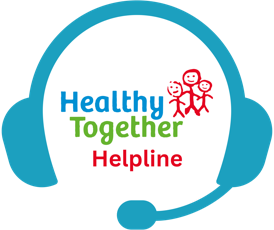The Perinatal Mental Health Service provides personalised and specialist care to people living in Leicester, Leicestershire and Rutland who have moderate to severe mental health problems during pregnancy, childbirth and up to 24 months following a child’s birth (also known as the perinatal period).
Perinatal mental illness affects up to 27% of new and expectant mums and covers a wide range of conditions. If left untreated, mental health issues can have significant and long-lasting effects on the mother, child, and the wider family.

Leicestershire Partnership NHS Trust is primed to support those who are suffering and wants to make sure that those who need specialist care get the help they need, to enable their family to live a happy, healthy life together.
Click here to find out more about the Perinatal Mental Health Service.
If you are struggling or notice signs and symptoms of mental illness during pregnancy and after you’ve had your baby, please speak to a health professional to get support as soon as possible.
Around one in four women experience mental health problems in pregnancy and during the 24 months after giving birth. You are not alone. Difficulties in this period are very common.
Help is available if you need it. Getting support can help you to recover and help you, your child and your family to live a happy, healthy life together.
Signs and symptoms to look out for include:
- feeling low, unhappy and tearful for much or all of the time
- irritability
- difficulty bonding with your baby
- overwhelming tiredness
- a loss of enjoyment or interest in anything
- isolating yourself and not wanting to be around other people
- feeling very anxious and overwhelmed, possibly with physical symptoms like a racing pulse, sweating or thumping heart
- feeling as though you want to avoid other people
- feeling hopeless, as though things are awful and will never get better
- thoughts about harming yourself or ending your life.
If you notice your partner is struggling after having a baby, please speak to them and encourage them to get help. It can also be difficult for fathers and partners too. Help is out there if you need it.
Leicestershire Partnership NHS Trust is responsible for the writing, publishing and updating of the content on this page.




